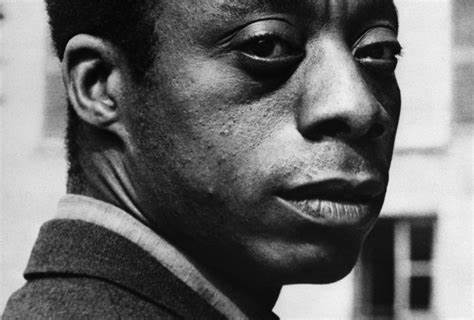What once felt poetically exaggerated, of course, can now feel prophetic. Baldwin was a disquieting tremor that would agitate generations — a role he seemed acutely aware of, even at the lowest ebbs of the public's attention. "I was right about what was happening in the country," he said in his final interview, with the poet Quincy Troupe in 1987. "What was about to happen to all of us really, one way or the other." He could be merciless both on and off the page, having decided, at some point, not to rely on the approval of any audience, white or Black. "Do you think there's still a chance for today's Black writer?" he is asked by a young boy, in the part of the "20/20" segment when he speaks with children at a police athletic league in Harlem. "There never was a chance for a Black writer," Baldwin replies, taking the boy's chin in his hand. "A writer, Black or white, doesn't have much of a chance. Nobody wants a writer until he's dead."

For many in the America of 1979 — after Jim Crow, after the Voting Rights Act — Baldwin's insistence that "nothing has changed" might have felt tired. But as of last year, the nation seemed open, again, to the idea that history has not stopped compulsively repeating itself. Baldwin, for all the pessimism he could convey about America, ultimately recognized the nation as part of a seismic, global change. "When I was a kid," he said in a 1984 Paris Review interview, "the world was white, for all intents and purposes, and now it is struggling to remain white — a very different thing." He had lived in Europe for years, but understood it to no longer be the frame of reference for civilization or literature. "It's a fascinating time to be living," he said. "There's a whole wide world which isn't now as it was when I was younger."
译文由可可原创,仅供学习交流使用,未经许可请勿转载。












